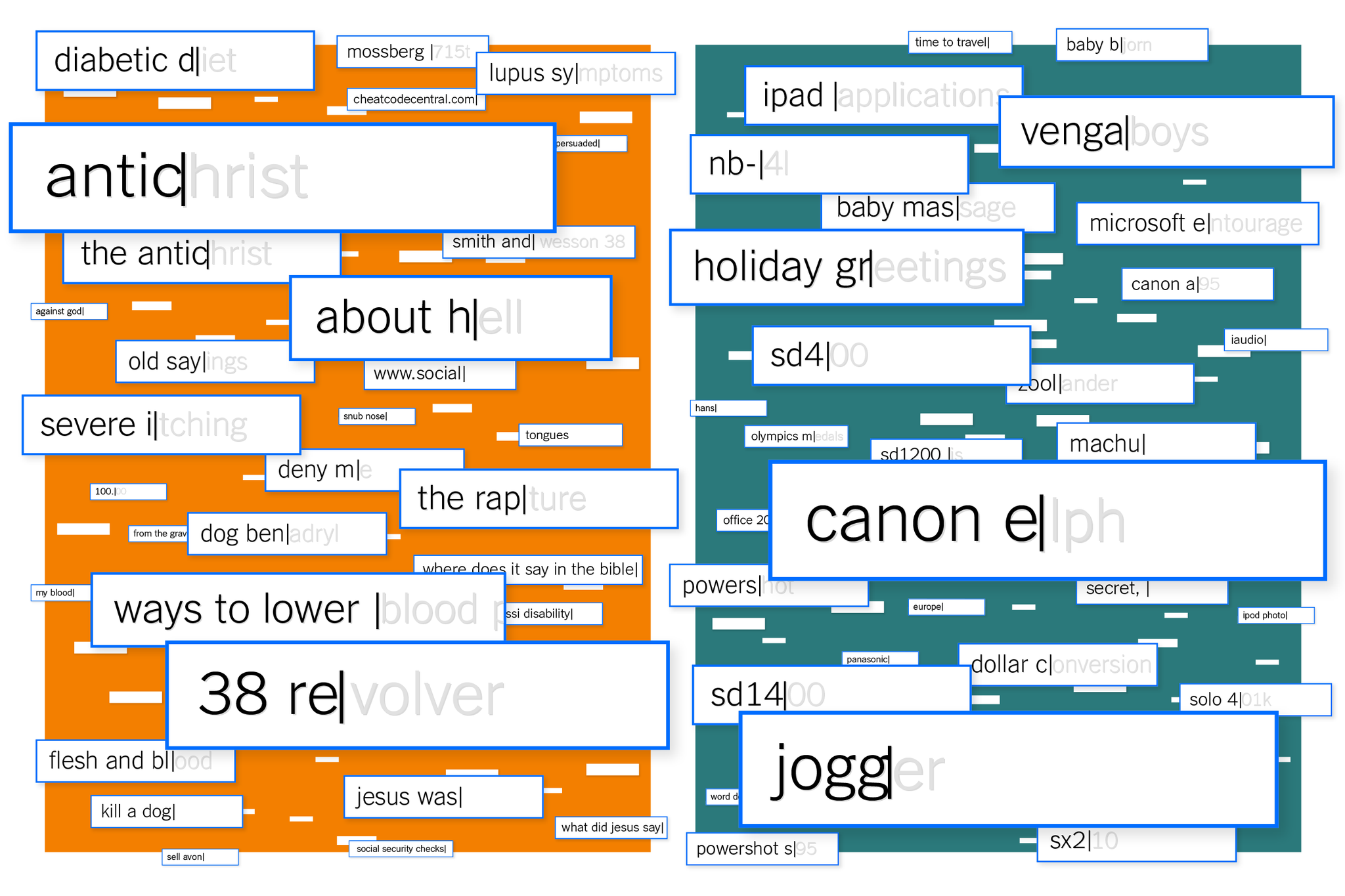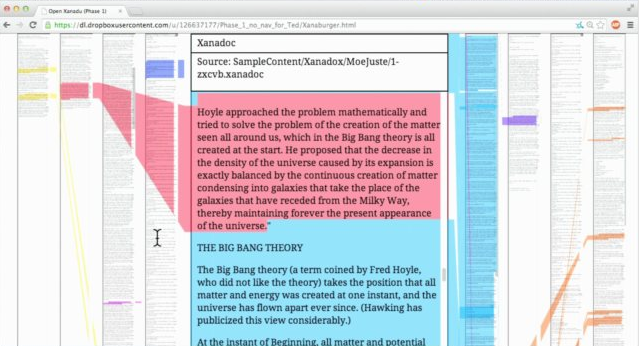Useful research is finally emerging about trolling in its different forms. The Guardian had a nice overview article by a professor of business psychologies titled Behind the online comments: the psychology of internet trolls. Researchers at the University of Manitoba and UBC have published an article with the title Trolls just want to have fun (PDF preprint) that found evidence that sadists like to troll. They conclude,
The Internet is an anonymous environment where it is easy to seek out and explore one’s niche, however idiosyncratic. Consequently, antisocial individuals have greater opportunities to connect with similar others, and to pursue their personal brand of ‘‘self expression’’ than they did before the advent of the Internet. Online identity construction may be important to examine in research on trolling, especially in terms of antisocial identity and its role in trolling behavior. The troll persona appears to be a malicious case of a virtual avatar, reflecting both actual personality and one’s ideal self . Our research suggests that, for those with sadistic personalities, that ideal self may be a villain of chaos and mayhem – the online Trickster we fear, envy, and love to hate: the cybertroll. (Buckels, E. E., et al. Trolls just want to have fun. Personality and Individual Differences (2014), http://dx.doi.org/10.1016/j.paid.2014.01.016)
By contrast, McGill professor Gabriella Coleman recently published a book about Anonymous, Hacker, Hoaxer, Whistleblower, Spy: The Many Faces of Anonymous. Coleman also compares the trolling of Anonymous to traditions of the trickster, but is far more sympathetic as she tracks the politicization of Anonymous. About trolling she writes,
Trolls enjoy desecrating anything remotely sacred, as cultural theorist Whitney Phillips conveys in her astute characterization of trolls as “agents of cultural digestion [who] scavenge the landscape, re-purpose the most offensive material, then shove the resulting monstrosities into the faces of an unsuspecting populace.” In short: any information thought to be personal, secure, or sacred is a prime target for sharing or defilement in a multitude of ways. Lulz-oriented actions puncture the consensus around our politics and ethics, our social lives, and our aesthetic sensibilities. Any presumption of our world’s inviolability becomes a weapon; trolls invalidate that world by gesturing toward the possibility for Internet geeks to destroy it—to pull the carpet from under us whenever they feel the urge. (Location 491)
She sees anonymous hacking as one of the ways we can resist the blanket surveillance that Snowden revealed. Anonymous may be the future of resistance even as it emerges from the nasty side of trolling. I can’t say that I’m convinced the ends justify the means, at least when you aren’t willing to take responsibility for the means you employ, but, she is right that it has become a form of resistance for the surveillance age.
Anonymous is emblematic of a particular geography of resistance. Composed of multiple competing groups, short-term power is achievable for brief durations, while long-term dominance by any single group or person is virtually impossible. In such a dynamic landscape, it may be “easy to co-opt, but impossible to keep co-opted,” … (Location 5691)


